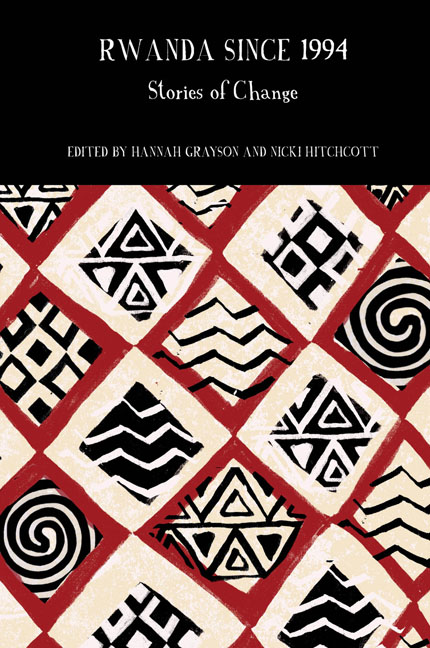Human Rights Reporting on Rwanda's Gacaca Courts: A Story of Stagnation and Failure
Summary
The human rights report has become a new genre in the proliferation and application of human rights, centred on the idea of professionalized, objective reporting in a depoliticized, dispassionate tone that speaks from the vantage point of universal human rights rather than from a leftist view or from that of an opposition party. The human rights report has become a key locus in knowledge production about human rights violations globally. These reports fundamentally and profoundly inform our understanding of conflict, violence and accountability measures in the aftermath of conflict. We understand the human rights report not only as a genre, but as a site of knowledge production in and of itself. Therefore, we want to ask how such knowledge is constructed and with what purpose, what story is told, what is concealed, silenced or sidelined in human rights reports. Specifically, this chapter aims to deconstruct the human rights knowledge production around Rwanda’s gacaca courts by using the analytical tools provided in French philosopher Paul Ricoeur's seminal work on narrative and memory. His insights into the construction of the past in the present support our aim to demonstrate the ways in which human rights reports establish a fixed and static conception of gacaca.
Like Doughty (2015), we understand societal change in the aftermath of atrocities to be a complex, multifaceted and fluid process. Through negotiating and attaching meaning to the numerous formal and informal processes of justice and reconciliation, Rwandans have been able to begin rebuilding lives and restructuring social relationships. After the 1994 Genocide against the Tutsi, the Rwandan Patriotic Front (RPF) government decided to fight impunity by modernizing gacaca, a traditional conflict-resolution mechanism that had been used to resolve minor disputes at community level. The courts operated between 2002 and 2012 and tried around two million genocide-related cases (http://gov.rw/about-the-government/justicereconciliation/) Gacaca aimed not only to fight impunity but, importantly, to give the population ownership of the justice process, by keeping community participation as one of its core objectives. Rooted in Rwandan culture, gacaca should therefore demonstrate the country's ability to deal with its own conflicts (Clark, 2014: 134). The consensual decision-making process in gacaca should lead to unity and reconciliation. The government perceives gacaca as a success based on its efficient working and its ability to resolve conflicts in local communities on Rwanda's hills.
- Type
- Chapter
- Information
- Rwanda Since 1994Stories of Change, pp. 41 - 61Publisher: Liverpool University PressPrint publication year: 2019



